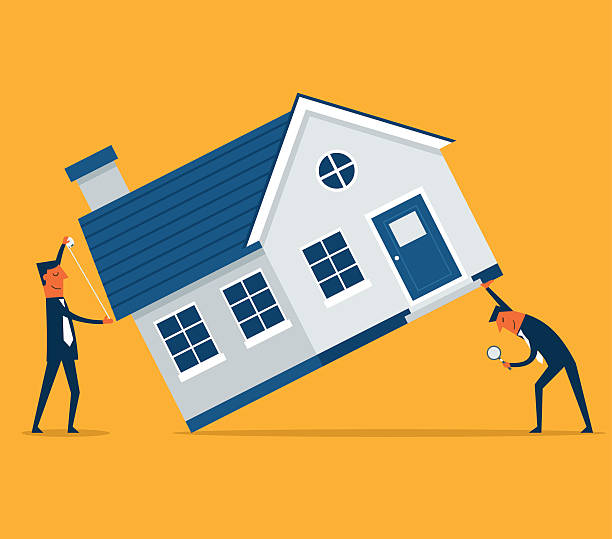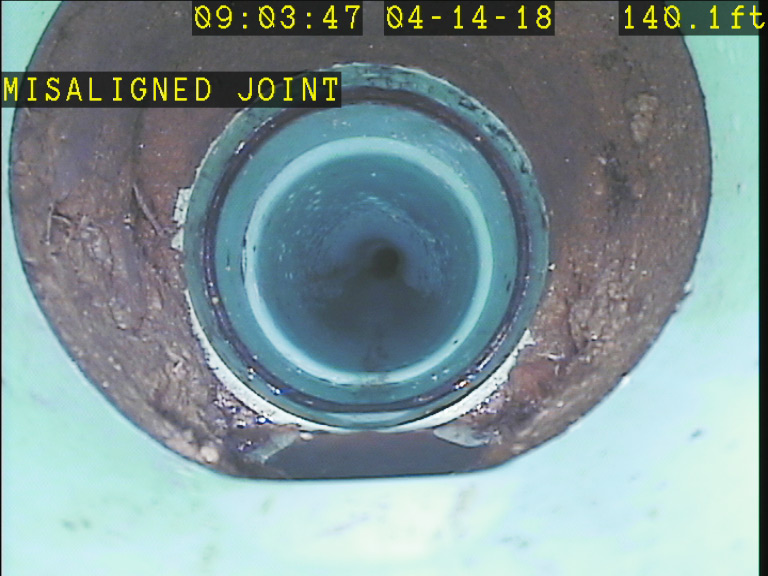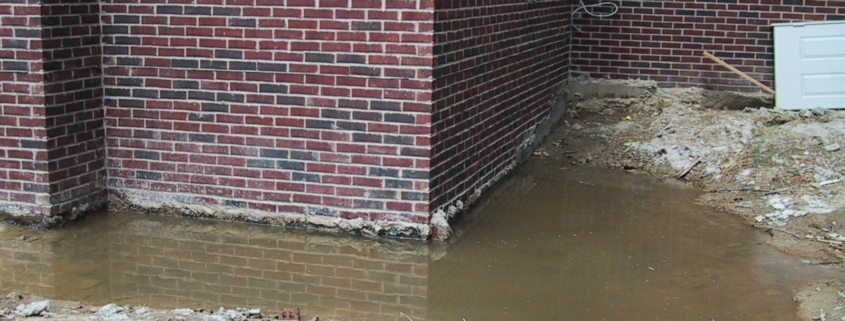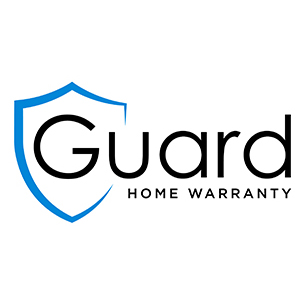Everyone dreads the thought of a failed home inspection. It can delay or even derail your plans to buy or sell a home, plus it adds unanticipated costs and headaches. But does failing an inspection mean disaster? Are there ways to avoid breaking down when it happens? In this post, we’ll separate fact from fiction by exploring the truth about failing a home inspection – so you can be prepared for any outcome!
What is a Home Inspection?
A home inspection is an objective examination of the physical structure and systems of a home, from the roof to the foundation. Inspectors look for visible signs of disrepair and identify any items that are not performing adequately or may have not been installed properly.
While a home inspector’s job is simply to assess the condition of the property, homeowners often mistakenly believe that inspectors are there to pass or fail them. This misconception can lead to a great deal of anxiety during the home inspection process.
So, what exactly happens if your home doesn’t “pass” inspection? In most cases, it simply means that the buyer and seller will need to renegotiate to remedy any issues that were raised. In some instances, however, failing to negotiate over a significant issue can spell the end of a sale altogether.
Fortunately, there are a few things you can do to prepare for your home inspection and increase the chances of “passing” with flying colors. First and foremost, be sure to disclose any known issues with the property upfront. This is critical to protect yourself legally and also prevent any “bad blood” from developing between the buyer and the seller. Anticipate their inspector finding a problem – it’s best to grab the bull by the horns and deal with things head-on. Secondly, take some time to address any minor repairs or cosmetic flaws that could give inspectors cause for concern. By taking these proactive steps, you can help ensure a successful outcome for your home inspection – and ultimately your home sale.

Is There Really Such Thing as Failing a Home Inspection?
When it comes to home inspections, there are a lot of myths and misconceptions out there. One of the most common is that you can “fail” a home inspection. The truth is, there is no such thing as failing a home inspection.
An inspection is simply an opportunity for you to learn more about the condition of the property you’re interested in purchasing. The inspector will look for any major problems that could affect the value or safety of the home. If any are found, they will be listed in a report for you to review.
It’s important to remember that an inspection is not a pass/fail test. The goal is simply to provide you with information so that you can make an informed decision about whether or not to purchase the property.
How to Prepare for a Home Inspection
A home inspection is an important step in the home buying/selling process. It can also be a source of stress for buyers and sellers alike. There are a lot of myths out there about what major issues can pop up on a home inspection report. In this blog post, we’ll separate fact from fiction when it comes to failing a home inspection.
Fact: The most common show stopper for an inspection is problems with the home’s foundation.
Foundation problems are one of the most common reasons for a home inspection to stall. If there are significant cracks in the foundation or the house is settling in an abnormal way, this can cause major structural issues down the road. These problems can be very expensive to fix, so it’s important to have them addressed before you list your home.
Fiction: A small crack in the foundation won’t affect my home inspection.
While a small crack may not seem like a big deal, it can indicate larger underlying problems with the foundation of your home. Even if the crack is insignificant, it’s still something that should be addressed (sealed) before you put your home on the market. Otherwise, you risk stalling the transaction and possibly incurring additional evaluations down the road.
Fact: Mold is another common issue that can cause a home inspection to fail.
Mold is a serious health hazard and it can also cause significant damage to your property. If mold is found during a home inspection, it will need to be remediated before most buyers will be comfortable moving forward with the transaction.
What Buyers Need to Know About Serious Defects
If you’re in the process of buying a home, it’s important to be aware of the potential for serious defects that could be discovered during a home inspection. While many of the items that are flagged during an inspection are relatively minor, some potential problems could have a major impact on your purchase.
The most common reason for a home inspection to fall apart is the discovery of significant defects related to neglect or deferred maintenance. These can include issues with the electrical system (evidence of overheating electrical components or breakers for example), significant plumbing leaks (that old jetted tub that leaks into the crawlspace), or an inoperative HVAC system. If any of these major systems are found to be defective, it can be costly to repair or replace them. In some cases, the cost of repairs may exceed the value of the system, making replacement necessary. It doesn’t make much sense to repair a 25-year-old HVAC system when an outright replacement may be more cost-effective.
Another reason why an inspection might fall apart is if the inspector finds evidence of pests or other damage. This can include termites, water damage, mold, or other problems that can devalue the property and make it unsafe to live in. If you’re considering purchasing a property that has any of these issues, be sure to get estimates for repairs before making an offer.
Compare and Contrast Different Levels of Defects
We at 3 Arrows Property Inspection use three different categorical levels to help point you in the right direction during your home inspection: Minor Defect, Maintenance Item, or FYI Item, Marginal, and Significant/Safety.
Minor Defects, Maintenance Items, or FYI Items are typically standard maintenance issues (burned-out light bulbs, peeling paint, and window frames that need to be caulked) and do not typically impact the home or transaction in a significant (financial) way.
Marginal defects are more significant and are worth bringing up and correcting sooner rather than later. Most inspection issues fall into this category.
Significant/Safety defects are the most serious type of defect and can pose an immediate threat to the occupants of the home. Any inspection item that falls into this category should be evaluated and repaired by a qualified licensed contractor as soon as possible. Issues that may not pose a safety hazard but may be very expensive to repair may fall into this category as well.
Working Through Objections and Negotiations
There are definitely things you can do to help keep your deal on the table and move forward smoothly. One is to ask the seller to make the necessary repairs before you close on the home. Another option is to get an estimate of the cost of repairs and factor that into your offer price. This way, you’re not stuck with a bill for repairs after you move in. Again, this can be tough to negotiate, but it’s worth considering if you really want the home. Finally, you could always hire your own inspector to take another look at the property before you make an offer.

If you’re in the process of buying a home, you’ve likely heard some horror stories about home inspections. Maybe you’ve even heard that “failing” a home inspection is the kiss of death for a real estate deal.
Rest assured, speed bumps during a home inspection are not the end of the world. It’s quite common. Here are some tips for working with your inspector to make sure that you get the most accurate report possible:
1. Be present during the inspection. This way, you can ask questions and get clarification on anything that you don’t understand.
2. Take advantage of your inspector’s expertise. They can offer valuable insights into potential problems with the property that you may not be aware of.
3. Don’t hesitate to ask for a second opinion. If something doesn’t seem right, or if you’re not sure about something in the report, get a second opinion from a contractor or specialist.
4. Keep an open mind. Not every problem is a deal-breaker. Sometimes, small repairs can be made to address deficiencies noted in the inspection report.
5. Work with your real estate agent to negotiate repairs with the seller. In many cases, sellers are willing to make repairs to help keep the deal moving forward.
Uncovering problems during a home inspection is certainly not the end of the world, but it can be stressful. The best way to avoid this situation is to do your research beforehand and make sure that you are reasonably prepared for things that might come up. If you educate yourself on common home inspection defects as well as prepare yourself mentally, then you should be able to pass with flying colors. With these tips in mind, I am sure that even if disaster strikes and something does go wrong during your next home inspection, it will still be an opportunity for growth and improvement rather than a complete catastrophe!





